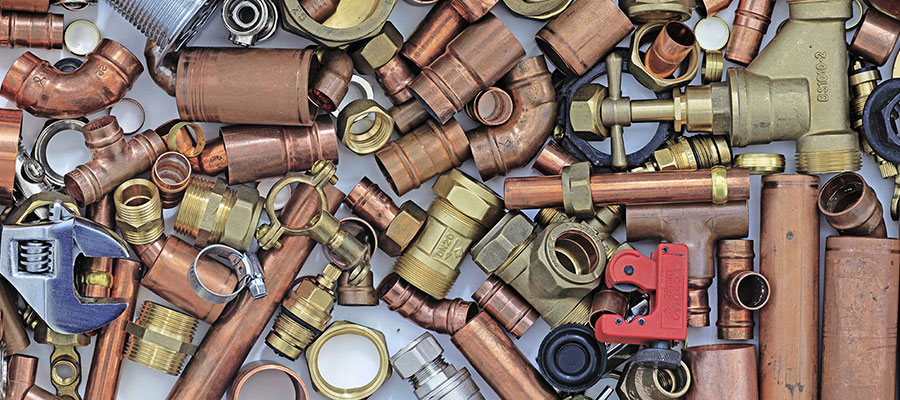Whether it’s the kitchen sink or the shower, there’s a good chance that all social housing tenants will experience plumbing problems in their home at some point. The Water Regulation Advisory Scheme (WRAS) recently commissioned a study into the most common plumbing issues in the home, with dripping taps and leaking pipes being the leading problems reported.
Many of these can be prevented by using properly tested products and hiring a qualified plumber or installer, ensuring that water systems or fittings meet the requirements of the Water Supply (Water Fittings) Regulations and Scottish Water Byelaws.
These regulations ensure that your client’s water supply remains safe and uncontaminated. If water products or plumbing systems don’t comply, your client’s home could be vulnerable to a range of issues, such as leaks and flooding – and you’ll be liable to replace them, as well as facing prosecution and up to a £1,000 fine for every contravention.
When choosing water fixtures, check the packaging or website listing to see whether it states that the product complies with regulations. Look out for an approval mark such as the WRAS approval mark, which is one way to check compliance.
Many common plumbing issues can be prevented, but it’s also worth knowing why these problems occur and what can be done about them.

Dripping tap
The most common plumbing issue is dripping taps; 14% of people have experienced them. A dripping tap wastes water and can increase household bills for clients on a water meter. Additionally, waste pipes can freeze in cold weather and cause basins to overflow if taps are dripping. A dripping tap may need to be repaired or replaced, requiring professional help. To prevent this from happening in the first place, always fit approved taps that have been properly tested to ensure they won’t leak over their expected lifetime and get it fitted by a qualified plumber. Appropriate testing should include a 200,000 cycle endurance that really puts a tap through its paces.
Leaking or burst pipe
Leaks can cause significant damage if not dealt with promptly. In the event of a leak, ensure your client knows where their stop tap is to turn off the water supply.
Open all cold water taps so that pipework and storage systems drain quickly, reducing any damage. Switch off electric immersion heaters and call a qualified plumber. Prevention is better than cure, so follow these tips to avoid plumbing problems:
- Properly insulate outside taps and all pipes in unheated areas.
- Fix dripping taps or toilet cisterns.
- Check the central heating boiler has been serviced.
- If your client is going away, they should consider leaving their heating on and setting the thermostat to 14°C. They could ask a neighbour to keep an eye on the property.
Slow or clogged drain
A slow drain usually means the passageway is blocked and may be fixed with household cleaning products or a plunger. However, if all the drains in a home are slow or the blockage can’t be removed, your client may require professional help.
Running toilet
A running toilet is a sign of a leak. This problem can waste up to 400 litres of water a day and add around £300 a year to your client’s water bill, if they have a water meter. If you need to replace a faulty toilet cistern, think about fitting a dual flush version that will save several litres of water every time it’s flushed. An approved plumber should be called as soon as possible to fix the problem.
Whilst it sometimes can’t be helped, having to call plumbers for preventable problems can be a drain on time and money. Ensuring that plumbing is done correctly in the first place is the best way to make sure that your client’s water fittings remain in good condition for as long as possible. Always use approved products and qualified plumbers, such as Watersafe approved plumbers found on watersafe.org.uk.
Find out more information about these and other common plumbing problems at www.wras.co.uk.
- Log in to post comments















